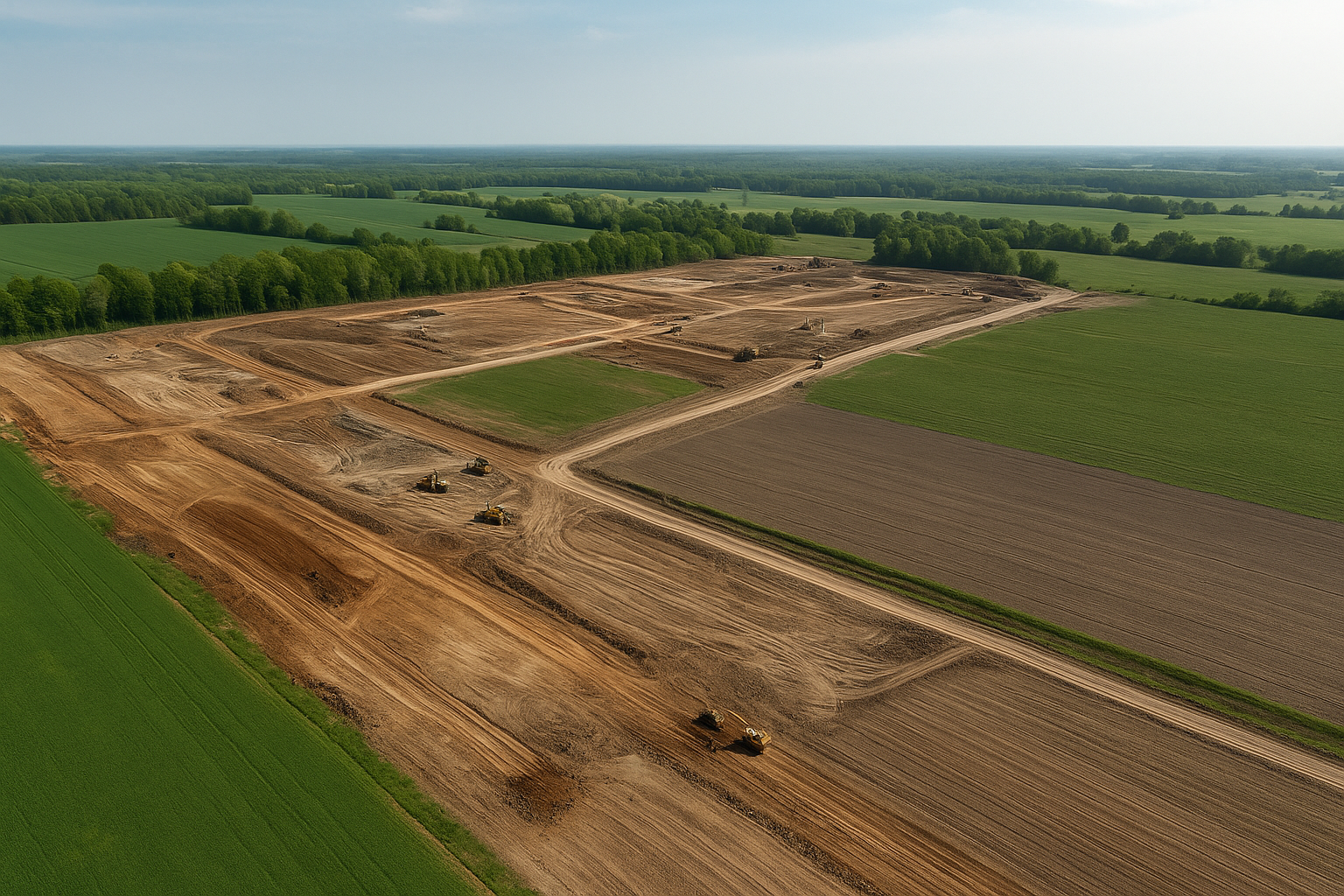The economic relationship between the United States and Canada has always played a significant role in shaping various sectors, including real estate. With trade tensions, tariffs, and economic policy shifts making headlines, understanding how these factors impact the Ontario housing market is crucial for homebuyers and investors. Whether you are looking to purchase a home, invest in real estate, or understand broader economic trends, the evolving trade relations between these two nations can influence your decisions.
The Significance of U.S.-Canada Trade Relations
Canada and the United States have one of the world’s largest and most integrated trade partnerships. The Canada-United States-Mexico Agreement (CUSMA), formerly NAFTA, facilitates cross-border trade and investments. However, recent trade disputes, such as tariffs on Canadian exports and retaliatory measures, have created economic uncertainties that ripple into various industries, including real estate.
Ontario, as Canada’s most populous province and economic hub, is particularly sensitive to changes in trade policies. The province’s manufacturing sector, agricultural exports, and investment landscape are directly affected by trade relations with the U.S., which, in turn, influences employment rates, economic stability, and the real estate market.
How Trade Relations Influence Ontario’s Real Estate Market
1. Impact on Employment and Income Stability
One of the most immediate effects of strained trade relations is job security. Ontario is home to many industries that rely heavily on exports to the U.S., including automotive, technology, and natural resources. If tariffs are imposed on these industries, businesses may face higher costs, leading to downsizing or relocation. A rise in unemployment rates can reduce the number of potential homebuyers, thereby slowing down real estate demand.
Conversely, if trade relations improve, businesses expand, job security strengthens, and higher disposable incomes drive the housing market upwards. For real estate investors, this means keeping a close eye on employment trends influenced by U.S.-Canada trade negotiations.
2. Construction Costs and Housing Prices
Tariffs on imported materials such as steel, aluminum, and lumber significantly impact construction costs. Since many of these materials are sourced from the U.S., any additional tariffs lead to higher costs for developers, which are then passed on to buyers. This increases the price of new homes and makes renovations more expensive, affecting both homebuyers and real estate investors.
In Ontario, where affordability is already a concern, increased construction costs could make homeownership even less attainable for many residents. Investors looking to build rental properties or commercial spaces may also find their projects becoming more expensive, reducing profit margins.
3. Foreign Investment in Ontario Real Estate
Uncertain trade policies can make investors wary of cross-border opportunities. The U.S. has historically been a significant source of foreign investment in Canadian real estate. If trade tensions escalate, some American investors may pull back from investing in Ontario’s property market due to fears of economic instability.
However, trade uncertainty can also have the opposite effect—some investors may see Ontario real estate as a stable asset in times of economic fluctuation, leading to an influx of capital into the market. Real estate in major cities like Toronto, Ottawa, and Mississauga remains attractive to foreign investors seeking long-term security.
4. Interest Rates and Mortgage Affordability
Trade disputes can influence inflation, which in turn affects interest rates. If economic instability results from U.S.-Canada trade conflicts, the Bank of Canada may adjust interest rates to stabilize the economy. Higher interest rates make borrowing more expensive, leading to increased mortgage payments and reduced affordability for homebuyers.
Conversely, if trade relations improve and economic conditions strengthen, interest rates may remain low, encouraging more people to buy homes and increasing demand in the Ontario housing market.
Key Considerations for Homebuyers and Investors
Given the fluctuating nature of U.S.-Canada trade relations, homebuyers and investors in Ontario should consider the following:
1. Monitor Economic Indicators
Stay informed about trade agreements, tariffs, and economic policies that may affect Ontario’s job market and construction industry. Government reports, financial news, and real estate market analysis can provide insights into how trade relations influence housing trends.
2. Evaluate Mortgage and Financing Options
Interest rates are directly affected by economic policies. If trade relations worsen, borrowing costs may increase, impacting mortgage rates. Locking in a favorable mortgage rate early or exploring fixed-rate options can provide stability during uncertain times.
3. Consider Alternative Investment Strategies
While trade uncertainties can create risks, they also present opportunities. If new home construction becomes more expensive, rental properties may see increased demand. Investors should consider diversifying their portfolios to include rental properties, commercial real estate, or mixed-use developments to hedge against market volatility.
4. Analyze Market Trends in Key Ontario Cities
Different regions in Ontario may be affected differently by U.S.-Canada trade relations. For example, areas with a high concentration of manufacturing jobs may experience housing slowdowns if tariffs impact local industries. On the other hand, cities with strong tech and service sectors, such as Toronto, may remain resilient.
5. Work with Real Estate Professionals
Navigating the real estate market during economic uncertainty requires expertise. Consulting with real estate agents, financial advisors, and mortgage brokers can provide valuable insights tailored to your specific investment goals and home-buying needs.
Expect in the Coming Years
The long-term impact of U.S.-Canada trade relations on Ontario’s real estate market will depend on future trade agreements, government policies, and global economic conditions. If trade tensions persist, housing affordability challenges may intensify due to rising costs and economic instability. However, if trade negotiations lead to a stable economic environment, Ontario’s housing market could continue its steady growth.
Additionally, emerging trends such as the shift towards sustainable construction, smart city initiatives, and increased demand for suburban properties post-pandemic may shape the real estate landscape regardless of trade tensions.
For homebuyers and investors in Ontario, understanding the link between U.S.-Canada trade relations and real estate is essential for making informed decisions. Factors such as employment trends, construction costs, foreign investment, and interest rates all play a role in shaping the market. By staying informed and adopting strategic investment approaches, buyers and investors can navigate the real estate landscape with confidence, even amid economic uncertainties.
Source: CBC









